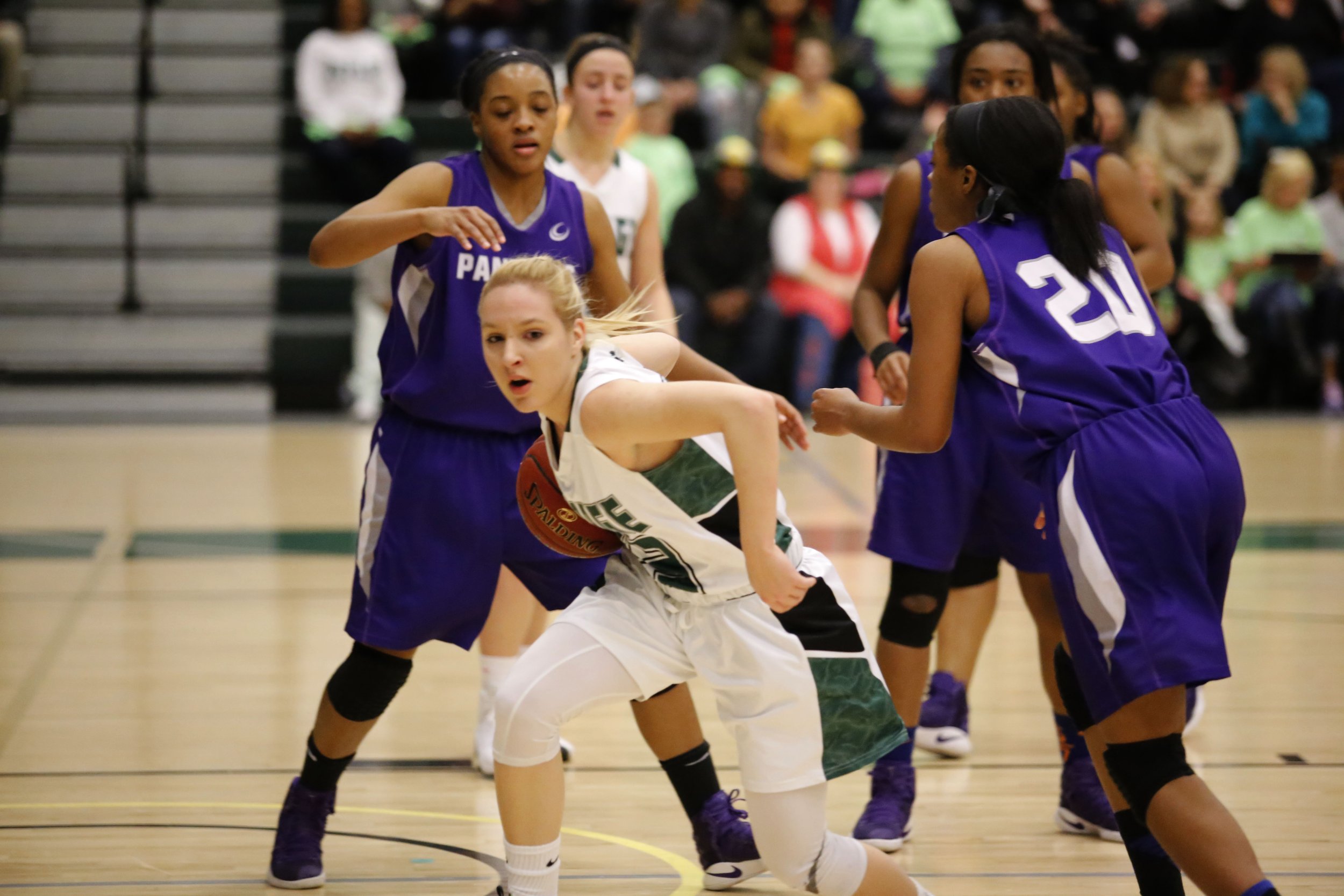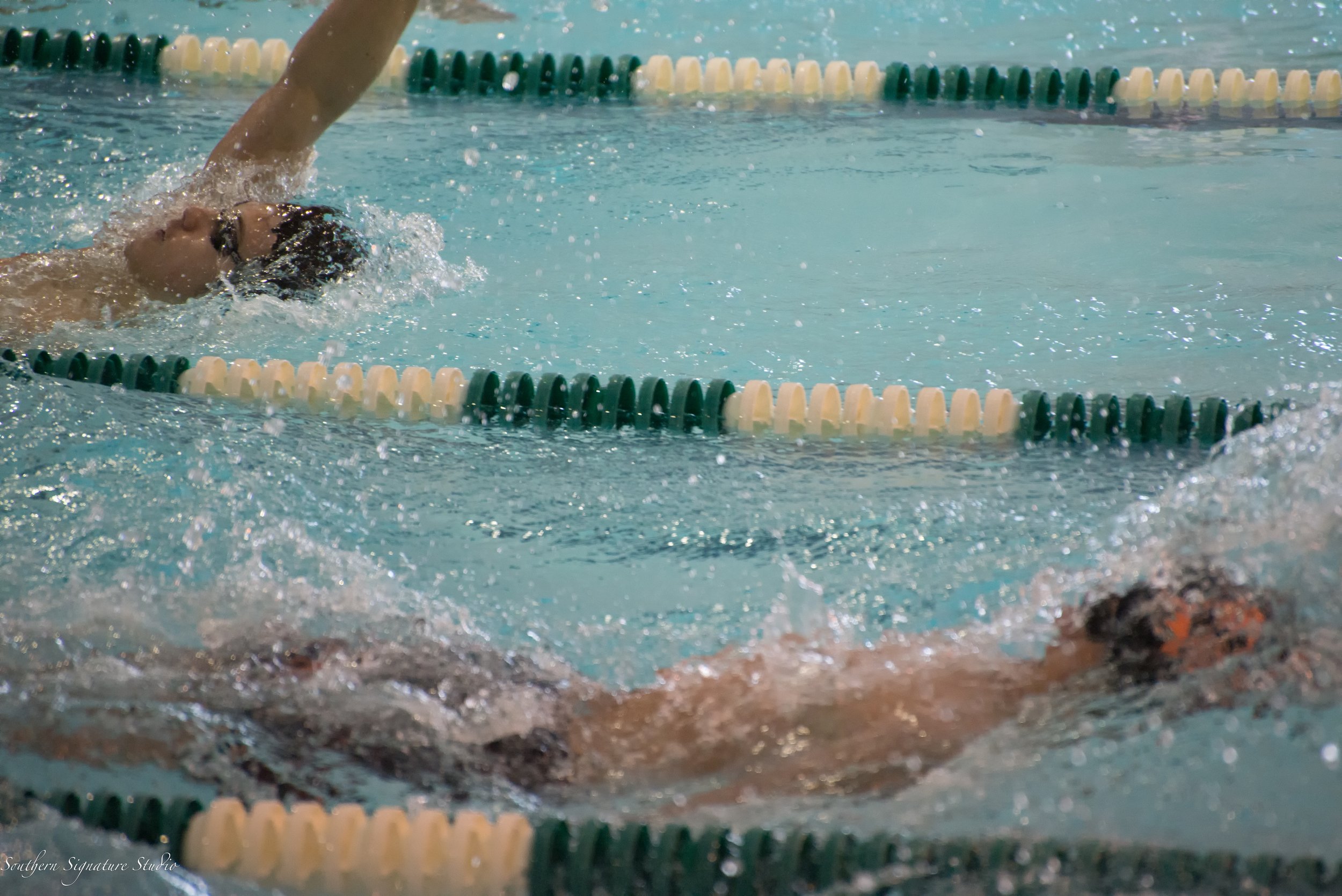How to Become Academically Eligible for College Track and Field
The only way to compete in college track and field is to be academically eligible. The NCAA, NAIA, and NJCAA each have their own requirements to qualify athletes to compete. The better the student you are the more opportunities you will have to get recruited and earn financial aid to pay for your college experience. Though eligibility often discussed when a recruit is applying to colleges as a Senior, you should be aware of it the moment you enter high school. If you don’t get prepared early, it will be challenging to make changes in time enough to be eligible for college, especially at the NCAA D1 and D2 level.
Most schools have their own admissions requirements so the eligibility rules particularly for the NCAA are often a baseline. You should always strive to excel as much as possible so that coaches will have confidence that you will maintain your eligibility when you get on campus. In fact, track and field teams often have higher average GPAs both in admissions and on campus than most sports teams at their colleges.
The steps to becoming eligible for college sports
NCAA Division 1 and 2 set the standard for what is required for NCAA eligibility. It starts with creating an account with the NCAA Eligibility Center, which essentially creates a personal folder for all your academic eligibility documentation. There is a $90 cost to register but fee waivers exist for those who qualify. Eligibility is processed in regard to the following components:
Core HS Courses – If you are a high school student then you will need to pass the cour course list that the NCAA requires. This involves 16 course credits between Math, English Language Arts, Science, and Social Science. High Schools in America register their course with the NCAA so that they properly award the points to each recruit. To be eligible there is a “timely” graduation rule that means you need to pass 10 of the core courses prior to your senior year.
Cumulative GPA (Core Courses)—The NCAA calculates your GPA from the core courses required for certification. You need a 2.3 as the minimum across these courses which is essentially a 78 average in most schools. The standard is actually lower for D2 schools requiring only a 2.0 or a 75 average. There is also a core course worksheet that you can use to keep yourself on track.
Standardized Test Scores (The Sliding Scale)—In recent years the NCAA has relaxed this standard and claims they will no longer require the ACT or SAT for eligibility. However, individual colleges may still require it for admissions. This is primarily due to the lasting effects of the Covid-19 pandemic. The old scale required an SAT/ACT score requirement that was concurrent with a student’s GPA. The higher your GPA the lower you can score on either exam to earn initial eligibility.
Be aware that all D3 schools, grant eligibility based on general admissions standards for the college exclusively. Similarly, if you are not a full scholarship athlete, you will be expected by most schools to have grades that fit within the normal range for the college’s acceptances. D3 recruits do not have to use the NCAA Eligibility Center, but if you are considering any D2 or D1 schools it will be required. The NCAA allows all recruits to create a Profile Page for free and later upgrade it to a paid account if they are moving forward with any D2 or D1 schools.
Coach Rob’s Note: There are some colleges that exist in “academic conferences” that have even more stringent requirements for admissions than normal. Coaches for those schools often will not pursue a recruit who doesn’t meet the standards they have agreed to with their admissions department.
NAIA Eligibility
The NAIA has its own eligibility center where you can create a profile to prove academic eligibility to compete. But the reality is that gaining eligibility for the NAIA is more relaxed than it is for the NCAA. The two requirements are that you can prove you have graduated from high school and been accepted to the larger college via the admissions department.
These two requirements are coupled with each recruit meeting 2 of the 3 following criteria to complete their eligibility.
Standardized Test Scores of either an 860 SAT or 18 ACT
A minimum high school GPA of a 2.0
Graduation Class Rank in the top 50 % of your high school
NJCAA (Junior College)
In general, Junior colleges have the most relaxed academic eligibility standards of all levels. They require any student-athlete to have their a high school diploma or GED. If you choose to attend a junior college and do so without already having passed academic eligibility requirements for the NCAA, you will not be eligible to transfer and compete until you have earned an associates degree. Junior College athletes have no real recruiting restrictions once they are competing so if you choose to attend you can talk to four-year colleges with much more freedom. You can learn more about NJCAA eligibility here.
Coach Rob is a recruiting expert and the Founder of SCA Recruiting. He is also the author of the book Winning the Ship: How to Win the College Athlete Recruitment Game. Available now on Amazon.

“93% OF HS ATHLETES DON’T PLAY IN COLLEGE… BUT I WILL HELP YOU BEAT THOSE ODDS. I GUARANTEE IT.”


